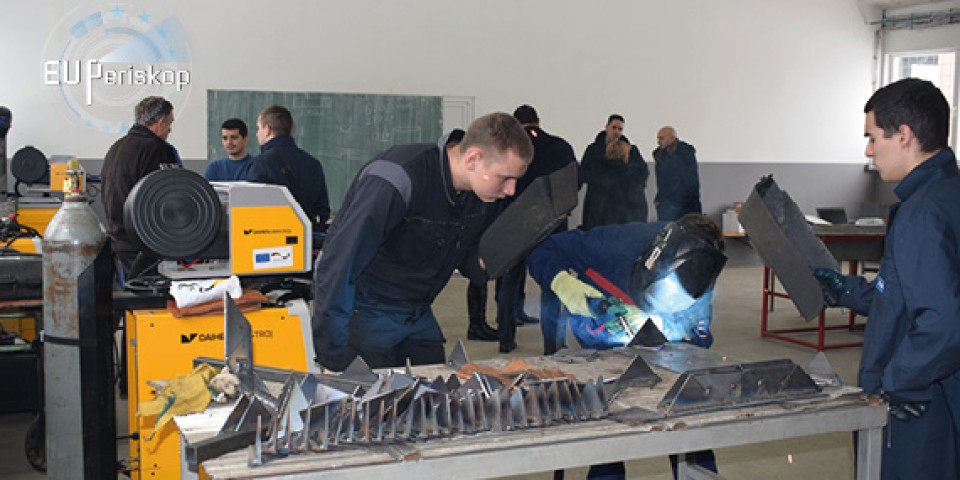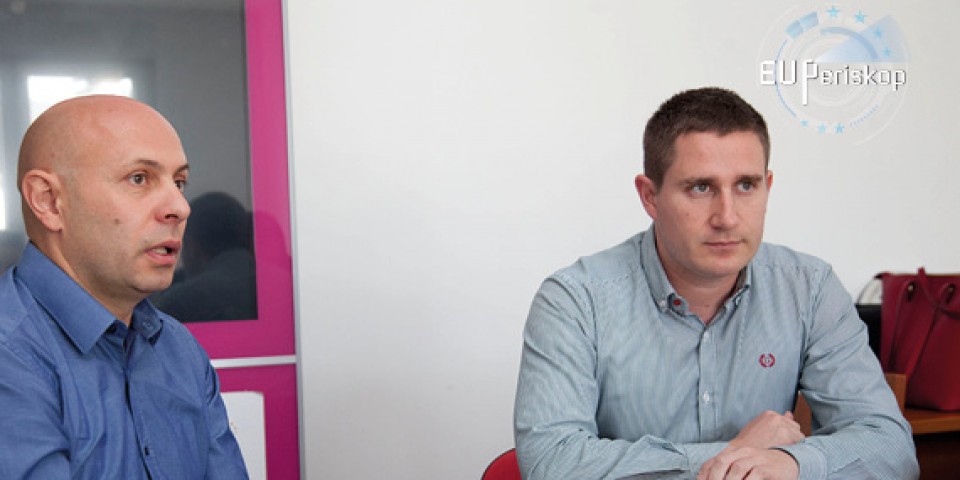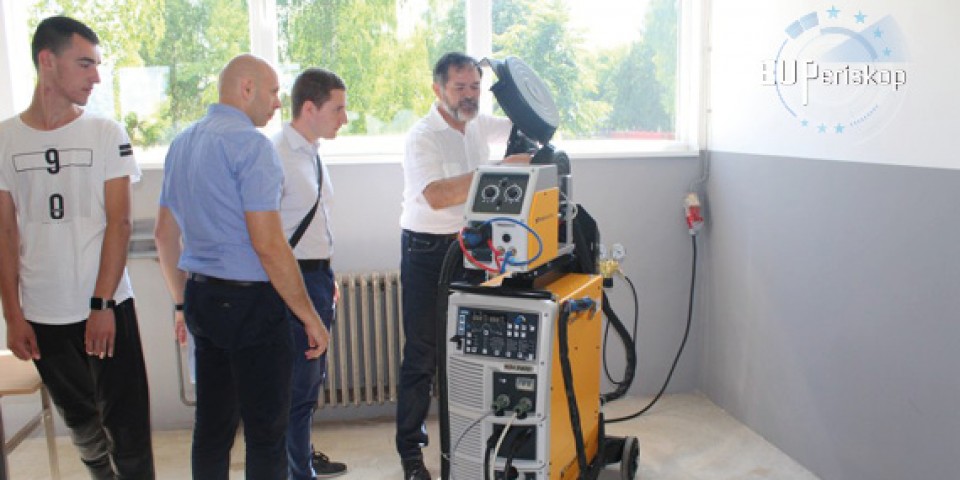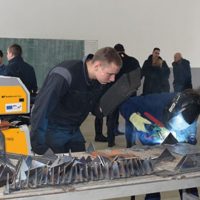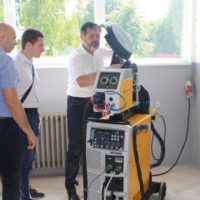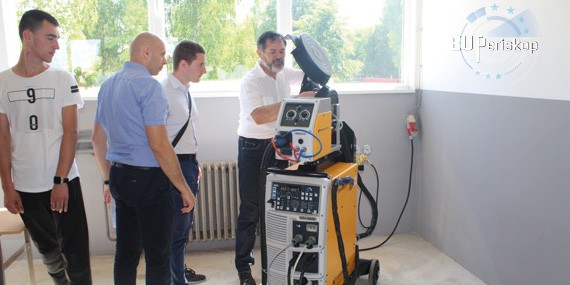
Cooperation of educational and private sectors key to prospects of BiH youth
Small and medium enterprises are the driving force of the economy. The European Union supports the growth of small and medium enterprises in Bosnia and Herzegovina, helping them to modernise their cap...
Small and medium enterprises are the driving force of the economy. The European Union supports the growth of small and medium enterprises in Bosnia and Herzegovina, helping them to modernise their capacities. Local communities benefit from increased employment as enterprises improve their productivity and export capacities.
The European Union has provided four million euros in grants to 57 small and medium enterprises in Bosna and Herzegovina and has supported the formation of 25 development partnerships through the project EUProLocal. These enterprises are equipped to meet the needs of the market, create new products and improve their manufacturing process.
Project INOVAR (Increase in competitiveness and innovativeness in the metal working sector through the development of public-private partnership) was implemented through the project EUProLOcal with the aim to support the competitiveness of metal processing SMEs, improve cooperation between the public and private sectors, harmonise the needs of the labour market and increase innovation in municipality of Derventa.
“In partnership with Derventa Municipality and ‘Metalac MBM’ company we strived to improve the practical work of the students of Derventa High School. The project had two components, one was to reconstruct a workshop for students’ practical work and to provide them with six new welding machines. We relied on the expertise and knowledge of the partner company and we hired an expert who worked with teachers and trained them to use the equipment. The school’s equipment was very outdated, and they received new, state of the art machines and additional equipment,” says Branko Zlokapa, Project Manager of Lir Evolucija company from Banja Luka.
“Our main goal was to engage the teachers, which will ensure the sustainability of the project, because the teachers are able to transmit their knowledge to new generations of students. We also wanted to encourage the enrolment and interest of students for a metal working profession, so we promoted this activity, and made a promotional video where we presented the advantages of the profession and our project achievements. We broadcasted the video on local TV stations during the enrolment period. We can already see positive results on the first generation that is using the new equipment,” says Zlokapa.
Slavisa Jelisic, Director of LIR Evolucija explains that they didn’t choose a welding profession by chance, given that the profession has a long-standing tradition and that qualified workers are scarce. “On the one hand, there are companies that look for qualified welders and on the other there are those who need training and are lacking opportunities. The school’s facility was ruined, so we reconstructed it, trained them to work and provided them with the new machines. Now, they have a possibility not only to train the students, but to provide informal training through requalification and similar projects. We are in the process of preparing documentation for the Ministry of Education and Culture, together with the expert we hired, so that the school can be granted the necessary license. This would be the long-term result of the project, to expand and improve what we have achieved,” explains Jelisic.
As the project’s title suggests, an innovative approach to improve competitiveness has enabled the private company to hire students immediately after graduation and to have professional and trained workers. Such cooperation was the added value of taking part in the INOVAR project.
Branko Zlokapa remarks that they are very proud of the fact that all positions for enrolment for welders were filled in Derventa municipality, stating that both the students and their parents recognised the need for a trained and qualified workforce. Derventa is well known for its history of metal working. “Many companies are interested in joining us. The students are receiving practical lessons in six companies that directly cooperate with the schools. Out of 40 enrolled students per year, half of them are doing practical lessons in companies and half of them in the school”, says Zlokapa.
The INOVAR project has enabled the establishment of practical cooperation between companies and the High School because they are very interested to have access to a qualified workforce. ‘Cooperation between the private sector and the school is a win-win situation because students gain required skills and companies can hire fully qualified and prepared workers,” says Jelisic.
EUProLocal supports local governments and the development of the economy in Bosnia and Herzegovina and is funded by the European Union with 9 million euros and Germany with four million euros. The concrete results of the project are 23 companies that operate in accordance with international standards and on international markets.

